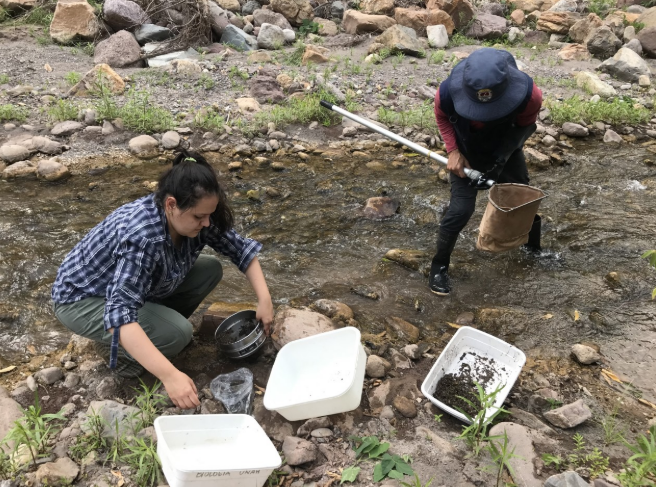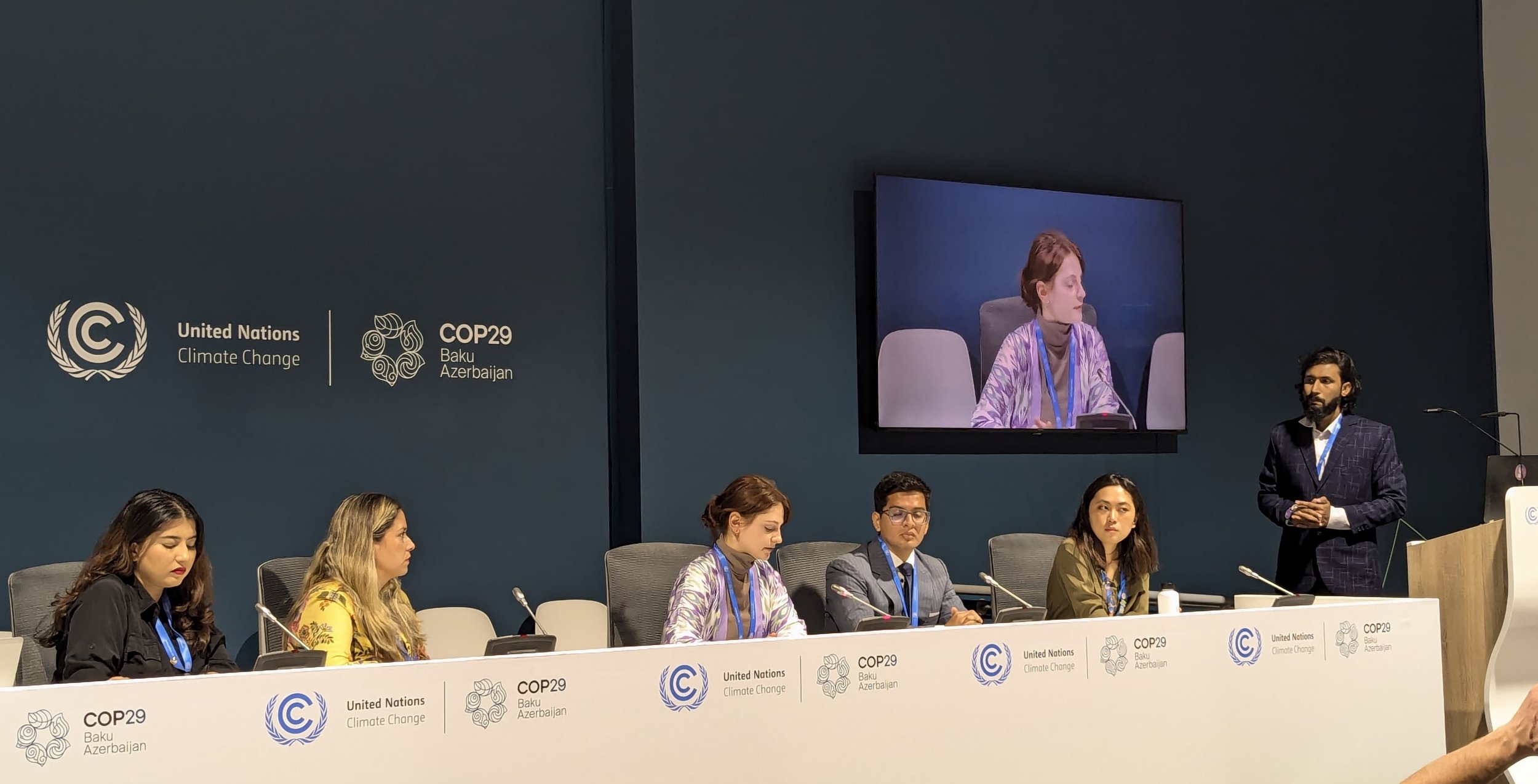“Women and girls are critical to unlocking a planet within which people can thrive.” Benjamin Schachter, a Human Rights Officer and a focal point on climate change and the environment at the Office of the United Nations High Commissioner for Human Rights (OHCHR). Tracing back…
Venezuela: Mining impacts on Indigenous Communities
Increasingly, the traditional territories of Indigenous communities in Venezuela have become areas where Colombian Guerrillas, illegal miners and Venezuelan military forces openly cooperate to mine, coercing them to destroy their own ancestral lands, resulting in a large migration to neighboring countries, most notably Brazil. And yes, you read it right. The crises that Venezuelan Indigenous communities are facing are so devastating that they have no option but to go to the very same country that is all over main stream media because of the environmental crisis.
Venezuela: environmental and human injustices – Arco Minero ecocide
“Despite these humanitarian and environmental atrocities, very few global organizations or activists have mobilized or campaigned to make these issues known within their circles. In the meantime, this huge area is being mined, and the great biodiversity and the indigenous people in this area are being impacted and the damage will be irreversible.”
The Double-Edged Nature of Land: A Practical Analysis of the IPCC's Special Report on Climate Change and Land
“[…] the IPCC’s SRCCL shines light on interlinked global challenges like climate adaptation and mitigation, desertification, land degradation and food security, whilst suggesting land-related actions/NBS that can mutually benefit all these areas. Whilst much of the current discussion misguidedly focuses on singular individual lifestyle changes, just like with the Special Report on 1.5C, we urgently need large-scale and context-dependent action that is participatory, inclusive, multi-sectoral, and actively considers ecological, social, economic, cultural and institutional factors.”









